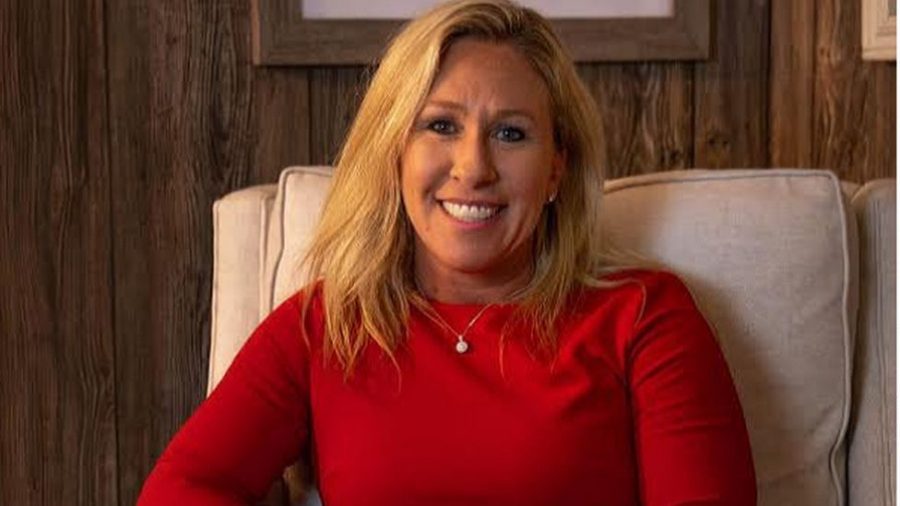What is QAnon? Politically-aware readers have probably heard this name pop up a few times in the past couple of months, but they may be unsure of the details. Is QAnon a political movement? Is it a crazy conspiracy? Is it a joke?
In simple terms, QAnon is a far-right conspiracy theorist group that originated on the site 4chan around 2017. Over the years, QAnon has grown increasingly mainstream, to the point where President Trump shared his implicit support for the group earlier this year, and a QAnon supporter has been elected to Congress.
Followers of QAnon believe that an anonymous White House staffer uses 4chan to expose Democratic politicians as pedophilic Satanists. These politicians use children to harvest the chemical adrenochrome to use as a drug. These theorists also believe that Donald Trump and his administration are devoted to arresting and executing these Democratic politicians, some even going as far as to believe many prominent Democrats are already dead. Essentially, the extremity of QAnon’s claims is used to justify the mass suppression of Trump’s political opposition.
Most people, including Woodside senior Joseph Krauskopf, first heard about QAnon when Trump began his 2020 reelection campaign. However, Krauskopf thinks that public awareness of QAnon is still low, relative to the threat it poses.
“I think a lot of people hear about QAnon and know it’s a right-wing conspiracy group but are unaware of how dangerous the message it spreads is,” Krauskopf said.
As to how people can get drawn into such a dangerous group, Kraufkopf gave a simple answer.
“Whenever there is instability, people radicalize,” Krauskopf said.
This instability has become obvious over the course of 2020. The coronavirus pandemic, mass unemployment, frequent anti-police protests, and the general election would all be intense on their own. Still, the combination of the three is particularly stressful for many Americans. To simplify life, some people turn to conspiracy theories that make the world seem no more complex than a blockbuster movie.
Woodside Government teacher Jesse Manzo had a similar interpretation of why people choose to believe in QAnon.
Comparing QAnon to fortune-tellers and Zodiac signs, Manzo said, “There is a little bit of truth to it, but it’s very ambiguous. People hold on to that truth because I believe it gives them some sense of hope.” While it’s not to the level of actual satanism, there certainly is corruption in government, and this is the kernel of truth people hold on to.
In addition to sowing division between America’s political parties, QAnon has split many families apart. Stories detailing the phenomena of QAnon-espousing relatives can be found on the website “QAnonCasualities,” which acts as an online safe haven for the friends and family of those who believe in QAnon. Users post about the extreme lengths their spouses or siblings will go to in order to isolate themselves from factual reporting, as well as the absurd claims they make to keep their beliefs intact. Some have likened belief in QAnon to an addiction that can only be overcome through personal struggles, saying that believers in QAnon “cannot be reasoned with, counseled, or helped until they decide themselves they have a problem.”
While some users on the site have lost hope, many talk about the constant efforts they make to bring their loved ones closer to reality, techniques include limiting screen time spent on the internet, visiting psychologists, and trying to logically dissect the claims made by QAnon. Are these efforts working? It’s hard to say. The chaos surrounding Trump’s refusal to concede is giving believers more reasons to retreat into conspiratorial thinking, often past the point of no return. However, many people see the collapse of the Trump administration as proof that QAnon is, at the very least, fallible, and as a result, are beginning to lose faith in its claims.
Ultimately though, English teacher Jordan Filerman believes QAnon will die down now that the 2020 election is over. However, he doesn’t think conspiracy theorists will go anywhere.
“Other conspiracy theories will take its place as the [presidential] administration transitions [from Trump to Biden],” Filerman said. “I don’t think conspiracy theories will ever die out; there’s always some people who will believe in [them].”









